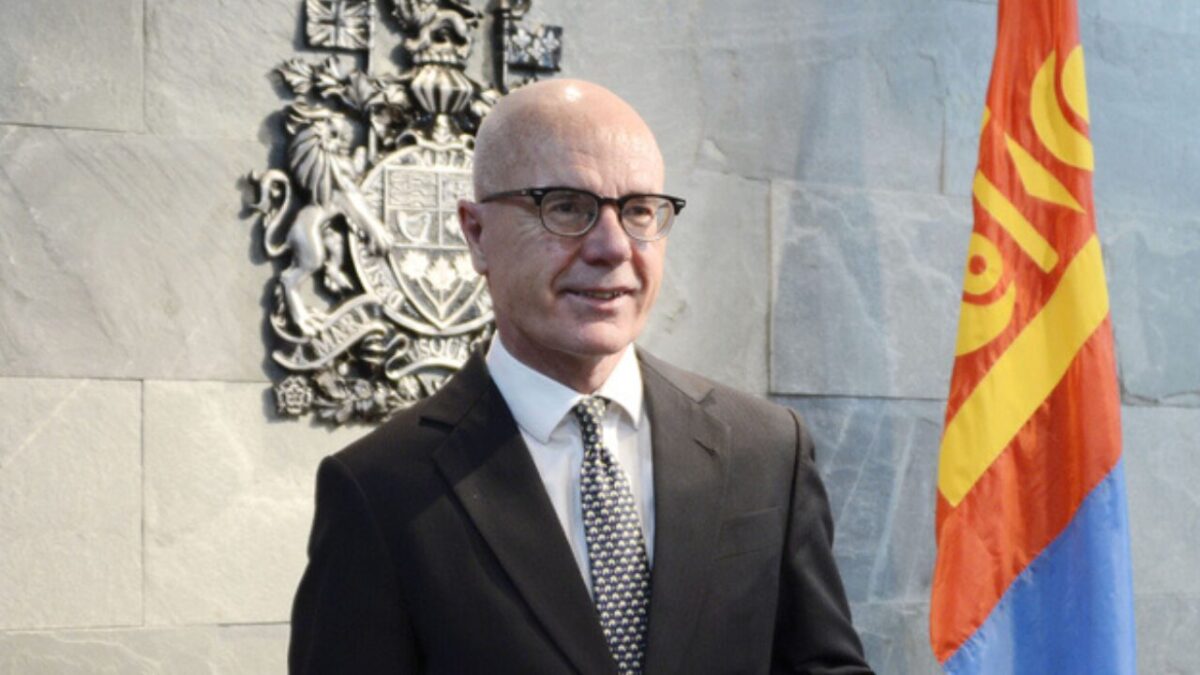David Sproule, Canada’s special envoy for Afghanistan, has said that Canada, Germany, the Netherlands and Australia have formally notified the Taliban of their intent to pursue discussions on accountability and potentially bring them before the International Court of Justice (ICJ) over human rights abuses, particularly those targeting women.
In an interview with The Globe and Mail, Mr. Sproule stated that the Taliban have yet to respond to the diplomatic outreach.
“While there are still stages to go through, if the Taliban’s policies on human rights, especially regarding women, remain unchanged, this matter will be taken to the ICJ,” he said. The four countries cited the Taliban’s alleged violations of the Convention on the Elimination of All Forms of Discrimination Against Women and provided a six-month period for the Taliban to enact policy changes. Over a month has already passed without any significant response or reforms.
Mr. Sproule underscored that, while the Taliban seek international recognition, they remain fundamentally unchanged from their 1990s-era rule. “This is not Taliban 2.0. This is Taliban 1.1,” he said, warning that their rigid policies could ultimately lead to their own isolation. “And they will pursue it, to the extent that sometimes the international criticisms and the opposition they wear, if I may say, like a badge of honour,” he said. “That’s quite difficult. But I do perceive that, above all, the Taliban want to be accepted into the international community. It’s the final step for them in their progress towards achieving power.”
Despite the Taliban’s appeals for global recognition, financial support, and relief from sanctions, Mr. Sproule expressed doubt that the international community would compromise on values like women’s rights, freedom of expression, or the rule of law. “They (the Taliban) want sanctions lifted and they want financing. On the diplomatic side, he said, they want a seat at the United Nations and in other international forums, which would signify their acceptance into the international community,” he noted, pointing out that the Taliban’s stance often conflicts with international norms.
Afghan women’s rights activists have vocally opposed any engagement with the Taliban, urging international bodies to take legal action instead. Since the Taliban’s enforcement of its “Promotion of Virtue and Prevention of Vice” law, many women report severe restrictions on their public lives and appearances.
“In Kabul, just going out has become difficult,” said one young woman. “A while ago, we couldn’t move freely due to the Ministry of Virtue, which mandates masks and full coverings. If our coats weren’t to their standards, we were harassed. Now, with the morality enforcers around, it’s even harder.”
The Taliban assert that these restrictions are justified under Islamic law, though the policies have been widely criticized for disproportionately targeting women and limiting their rights.
Mr. Sproule reiterated that the international community, including Canada, will not abandon its commitment to human rights. “The world won’t compromise fundamental rights like women’s freedoms or the rule of law to accommodate the Taliban’s demands,” he said, emphasizing that the Taliban’s approach risks further alienating them on the world stage.





